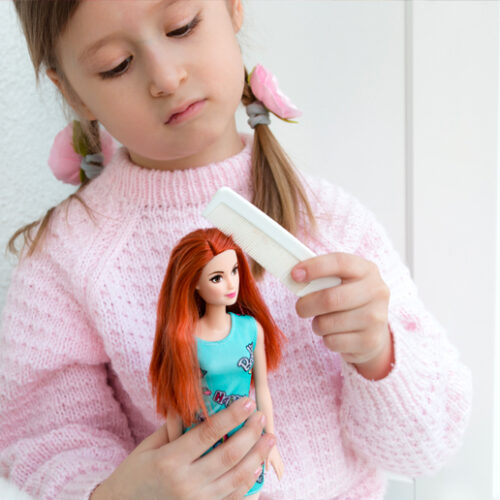Handling a child’s tantrums: 3 things NOT to do!
Whether a toddler or a teen, handling a child’s tantrums can be a hard situation to navigate. Here are some things to AVOID doing in this situation to help keep the situation calm!

Firstly, it’s good to remember that children’s tantrums can take you to the edge of your patience, it can be overwhelming and even make you doubt yourself. So when a tantrum starts, this should be your cue to be uber-cool and calm, as you’re the adult that needs to set the tone – not your child! That said, this article is about learning what to avoid doing, so here goes!
NEVER scream back at a kid when handling a child’s tantrums
Toddlers scream because they lack emotional maturity, can’t express themselves exactly as they want verbally, and can’t handle the frustration of not being able to process the situation they are in. Never scream back at your child and handle a situation at this level!
Remember, your child will be genuinely upset, so just continue to be calm and reassuring. Gently pick up your child, or hold their hand and just keep calmly repeating that you are very sorry, and you know it feels bad, but they can’t have the sweets right now, (or whatever the issue is.) Even though your child might be fighting and wriggling, lots of cuddles, kindness and calm, with a consistent message of ‘no’, is the key, while also letting your child know you understand how sad this feels for them. Reassure them that it’ll all be okay, but don’t give in!

Don’t be harsh when handling a child’s tantrums
The toddler years are tough because this is when children who are used to having all their needs met start to understand that this is not always the case. They don’t have the emotional maturity to understand why they are being denied things and often parents do not recognise that the tantrums are a normal part of their child’s development.
In response, some parents tend to clamp down on their child. They hope that by being a stronger disciplinarian, their child will become less wilful. Unfortunately, when you do this, you create a battle of wills. You create a tug-of-war between you and your child in which no one wins.
Don’t let your child believe you’ll eventually cave in if they scream long enough!
A child will soon learn that if they scream and cry for long enough, you will eventually cave in and give them what they want. Similarly, the same child can have the same behaviour and soon learn that you will NOT give up and let them have their way, depending on how you hold your ground and remain consistent in your response.
When toddlers throw their tantrums, this is the best time to ‘nip it in the bud’ and not let it turn into a situation where your child grows to 5 years, 8 years or to the teenagers educated to believe that if they nag and howl for long enough, they can wear you down!
It is important that you use your child’s tantrum (which is the result of the child not yet having developed the emotional and/or verbal skills to handle frustration) as a teaching opportunity show your child the right way to react. Remember how genuinely upset and distressing the tantrum can feel for your child, so always staying calm, consistent and reassuring is the best way to teach them and help them through it.












Comments